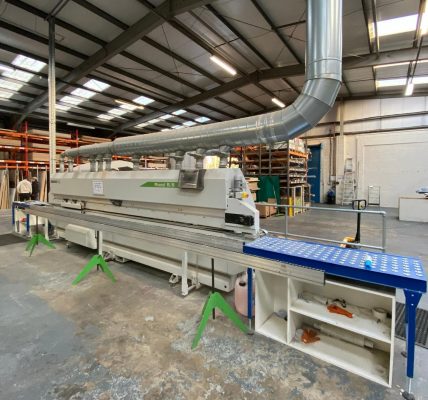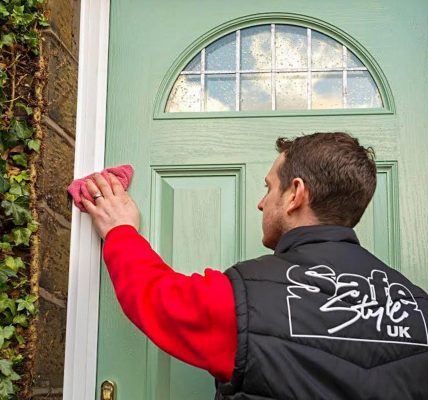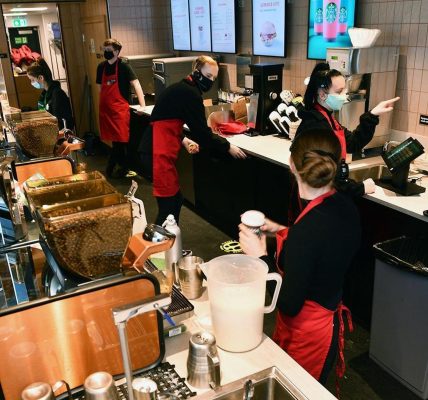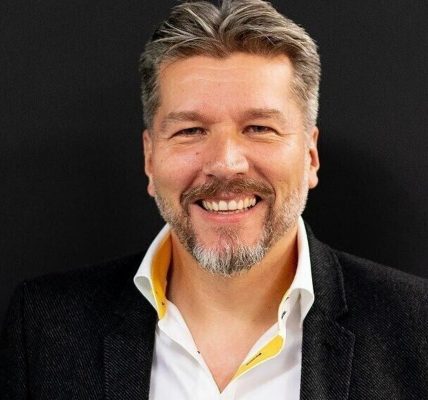How the pandemic has changed the use of tech in the NHS and why it leads the way
The pandemic has led to a transformation when it comes to the use of technology in the NHS, according to a software developer that provides referral technology for healthcare professionals.
Kinesis, which is based in North Ferriby, has seen “numbers more or less double over the course of the pandemic” when it comes to usage of its platform.
Founder Simon Hudson, who started his career as a physicist, told The Fond News: “Every healthcare system in the world has a referral management problem. My observation is that the UK is the only one that has an effective advice and guidance process in place.”
The firm’s platform enables GPs to communicate with consultants to get the appropriate advice on what the best course of action is for a particular patient, thereby reducing the number of people being sent for outpatient appointments.
Ben Harrison, client operations manager at Kinesis, said: “The pandemic really hit home that we can’t be sending every single patient to hospital outpatient appointments. Hospitals are full, there are no beds available and consultants have no time.”
Mr Hudson added: “It would be fair to say that the pandemic has been transformational in the use of technology in the NHS.”
Kinesis is now looking to target the Australian healthcare market, which has its own unique set of challenges. One of the key aims there is to cut down patient miles with those in remote locations having to travel for days to be seen by doctors.
The business, which has five employees, says it is still early days in its pursuit of the Australian market.
The healthcare system there is a lot more disperse, Kinesis says, with various different steps during the patient pathway.
Mr Hudson said: “We forget how very advanced and sophisticated the NHS is. Although there are differences in the different nations across the UK, just as there are differences in the different states in Australia, our healthcare system is quite well joined up.
“That’s less the case in places like Australia so we’re having to learn how to navigate all of that with their being greater state by state differences than we would see in the UK.”
Mr Hudson added: “We’re in the process of reaching out to each of the different states in Australia to find out whether there is interest and how we can move that forwards.”
Australia’s geography is “challenging”, Mr Hudson says. “In the conversation that we were having with Perth, they said that the next nearest city to Perth is the equivalent of London to Istanbul.
“They also said it’s not uncommon for people who live out in the more rural parts of the state to travel two to three days to get to a hospital.
“In that case the need for better remote clinical intervention is even more important.
“I spoke to some hospitals in New South Wales a couple of years ago and one of their key metrics is how many patient miles can they avoid by using our type of technology.
“The need is there.”
Kinesis was recently appointed by HMP Wandsworth to reduce hospital waiting times by keeping inmates out of hospital.
Mr Harrison said: “There are 117 prisons in the UK. At the moment we’re working with one. For us as a company our target is to reach out and work with all 117 prisons around the UK.”
Mr Hudson added: “There are all sorts of inequalities that affect those who are inmates in prisons.
“Whatever we think about their role in society, they are still people with clinical needs.”
Simon Hudson started the business in 2012 through another business that he owned. It was spun out as a separate company in 2016.
Mr Hudson was originally a physicist. He spent 15 years in the medical device industry working for Smith & Nephew in Hull. Despite not starting off in tech, Mr Hudson says he was always interested in its application.
“We see our part as enabling and ensuring that effective advice and guidance is used by all clinical professionals. We’d like that to be through Kinesis but if I put my philosophical hat on for a moment, actually I don’t really mind too much if it’s us or some other system,” he said.










